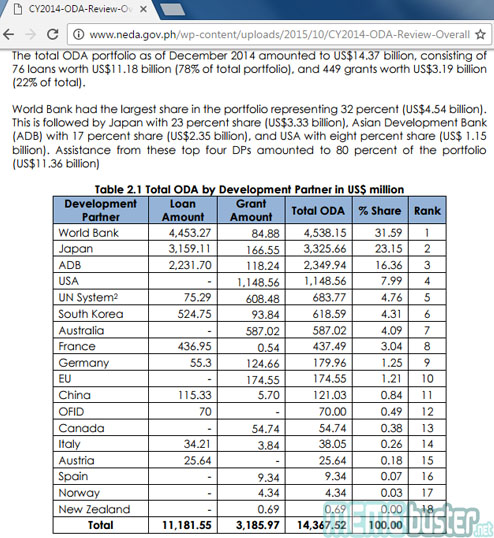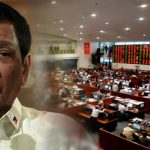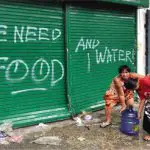President Rodrigo Duterte dared the United States, the European Union, and the human rights advocates to withdraw their aid to the Philippines if they continue criticizing his anti-drug war, adding that the country could survive without foreign aid.
“I do not expect the human rights (advocates), I do not expect (US President Barack) Obama, I do not expect the EU to understand me. Do not understand me and if you think it’s high time for you guys to withdraw your assistance, go ahead. We will not beg for it,” he said in his speech in front of the soldiers of Camp Rafael Rodriguez in Butuan City.
The President added that the “crumbs” donated by other nations are not worth the country’s dignity.
[ads1]
Former National Security Adviser Roilo Golez took a peek at the 2014 NEDA report on the projects funded by the Official Development Assistance (ODA).
Here’s what the report says:
“The total ODA portfolio as of December 2014 amounted to US$14.37 billion, consisting of 76 loans worth US$11.18 billion (78% of total portfolio), and 449 grants worth $3.19 billion (22% of total).
World Bank had the largest share in the portfolio representing 32 percent (US$4.54 billion). This is followed by Japan with 23 percent share (US$3.33 billion), Asian Development Bank (ADB) with 17 percent share (US$2.35 billion), and USA with eight percent share (US$1.15 billion). Assistance from these top four DPs amounted to 80 percent of the portfolio (US$11.36 billion).”

Golez noted that grants given to the Philippines are not repaid. “They are direct aids,” he said.
The country has received US$3.18 billion in loan grants. Golez multiplied it with the current US dollar and Philippine peso exchange of P48 and obtained around P152.88 billion in grants, or 4.6% of the P3.3 billion budget in 2017.
So, can the Philippines survive without foreign aid?
“We can indeed survive without foreign aids (grants only), with a roughly 5% adjustment in our P3.3 trillion budget to cover roughly P150 billion aid the country is receiving every year,” Golez surmised.
“NEDA is overseeing the ODA program and will expectedly be the one to handle the substitute program if foreign aid is abolished,” he added.
Golez also pointed out that while loans are considered as ODA, they have to be repaid, although with soft terms.
Now the question is, where can we get as much as P150 billion to make up for the missed foreign aid? As Golez has said, NEDA has to prepare for this possible scenario, given Duterte’s tirades against and dares issued to other countries.
Sources: (neda.gov.ph, facebook.com, philstar.com)
[ads3]


